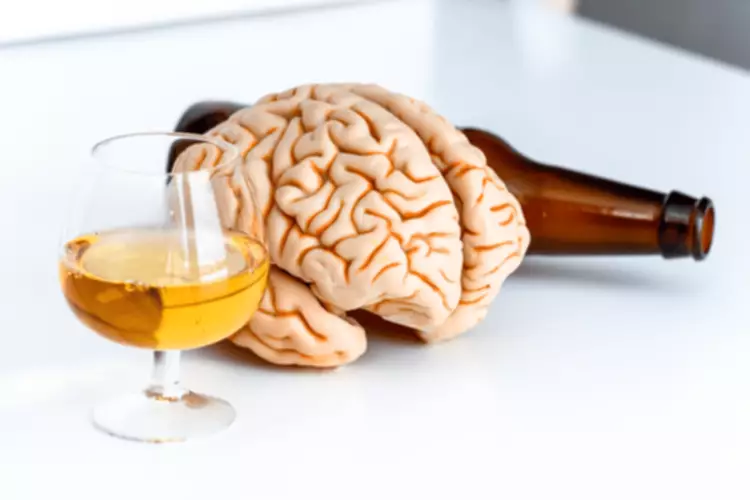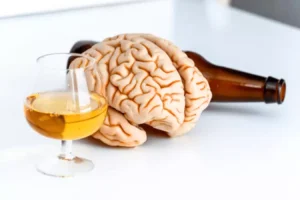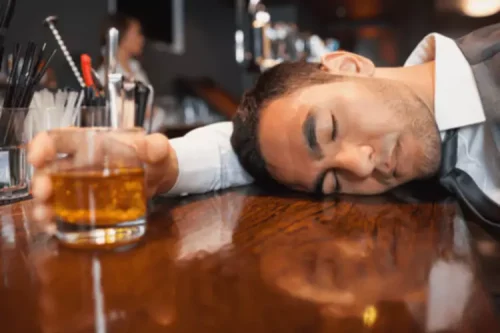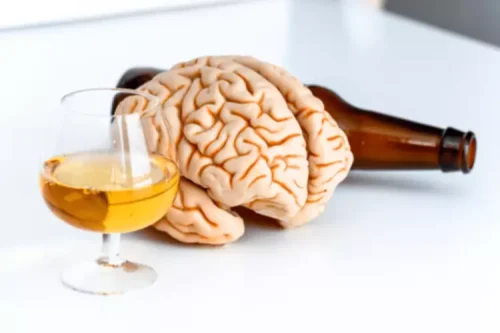
People often need to address past trauma or familial issues during this time. Since withdrawal symptoms tend to ebb and flow, you may be tempted to feel like you’re not making progress ― even though in reality, you’ve come a long way. That said, there are four general stages of recovery, as compiled by addiction expert Steven M. what happens when you stop drinking alcohol Melemis, MD.

Physical Effects When You Stop Drinking

Alcohol withdrawal is a serious medical concern, and you should make a plan with your physician to ensure that you can start cutting back safely. Different parts of the brain heal at different rates, so depending on your previous drinking habits and the amount of damage done, the recovery process could take some time. Heavy drinkers may experience confusion and memory problems when they quit. No matter your reason, quitting alcohol is a daunting task – one you can conquer with the right knowledge and support.

Benefits Beyond 30 Days of No Alcohol
The challenge of this stage is to essentially develop and maintain healthy life skills that will serve you for a lifetime. An exciting part of this period is that it can lead you to a happier life full of welcomed change and constant improvement. During the recovery stage, it’s not uncommon to feel temporarily worse. For some people, AUD has hurt their relationships, careers, health, finances, self-esteem, and other aspects of their lives. According to the National Institute on Alcohol Abuse and Alcoholism (NIAAA), recovery is a process that involves remission from AUD and quitting heavy drinking for good. If you think you may have a drinking problem, you’re definitely not alone.
Live Sober Curious

There has been some research conducted on how abstaining from alcohol detoxifies your liver over time. People with alcohol use disorder (AUD) tend to have thinning in regions of their cortex; the wrinkled outer layer to the brain critical to so many higher order cognitive functions. Many people report less intense alcohol cravings during this timeframe. However, it’s worth mentioning that alcohol cravings can be replaced with cravings for sugar.
After One Week
- If you’re a heavy drinker or someone with a history of alcohol dependence, always consult with a medical professional before quitting.
- These symptoms peak within 72 hours, but people with serious alcohol withdrawal symptoms should work with a healthcare provider as the experience can be fatal.
- “There are people who have learned to practice very reasonable alcohol consumption that contributes to psychosocial well-being in a way that does not impair their health,” Kumar noted.
- Since withdrawal symptoms tend to ebb and flow, you may be tempted to feel like you’re not making progress ― even though in reality, you’ve come a long way.
Professor Nutt adds that bingeing, which he defines as consuming five or more units (as little as two pints, according to the NHS) in one sitting, can elevate certain negative effects. “Your life is in your control — you can have a drink whenever you want — but it’s important to reflect and remember where you were a year ago,” Dr Davis says. “You look different,” says my GP Chris Davis, on my final check-in; I haven’t visited him for a few months. Then persistence, dredging up a belief I could do it, staying focused on the positives. Also routine were 3am wake-ups, to chew over things I worried I’d said or done after a few drinks.
Here’s What Happens to Your Body When You Stop Drinking for 30 Days

When you abuse alcohol, your brain’s dopamine receptors get overloaded and numbed, leading to feelings of sadness and even hopelessness that take more and more alcohol to “fix.” Because alcohol is a known human carcinogen, abstaining from alcohol will eventually decrease your risk of getting cancer. For dependent drinkers, blood pressure may reduce to normal levels by the 3rd or 4th week. https://ecosoberhouse.com/ For dependent drinkers, in some cases, you may experience nightmares, anxiety, and insomnia due to long-term withdrawal symptoms.
- There’s the fear of “never drinking again,” the intensity of cravings, agitation, sleeplessness, and a myriad of other hair-raising symptoms that make the first week feel a year.
- But I never read anything about the biochemistry of alcohol tolerance, kindling, or the withdrawal timeline.
- Cirrhosis of the liver (severe scarring of the liver) can occur over time in those who drink excessively.
- Alcohol can also affect digestion, storage, utilization, and excretion of nutrients.
While any scarring caused by liver inflammation (called cirrhosis) will be permanent, the effects of inflammation itself will be almost completely resolved by week four. By week three, you will have saved about $450–$600 from not buying alcohol. Your calorie intake will be about 9,000 calories less, leading to a potential drop in weight of about three pounds. While you will still likely have some alcohol cravings, you will probably feel pretty good about quitting alcohol. Alcohol might help you get to sleep faster, but it keeps you from reaching the deepest, most restorative stages of sleep. The effects of high-quality sleep will continue to build each day.
